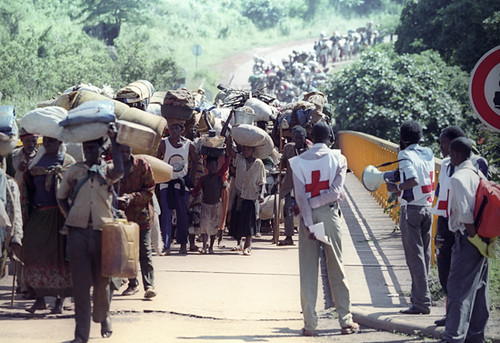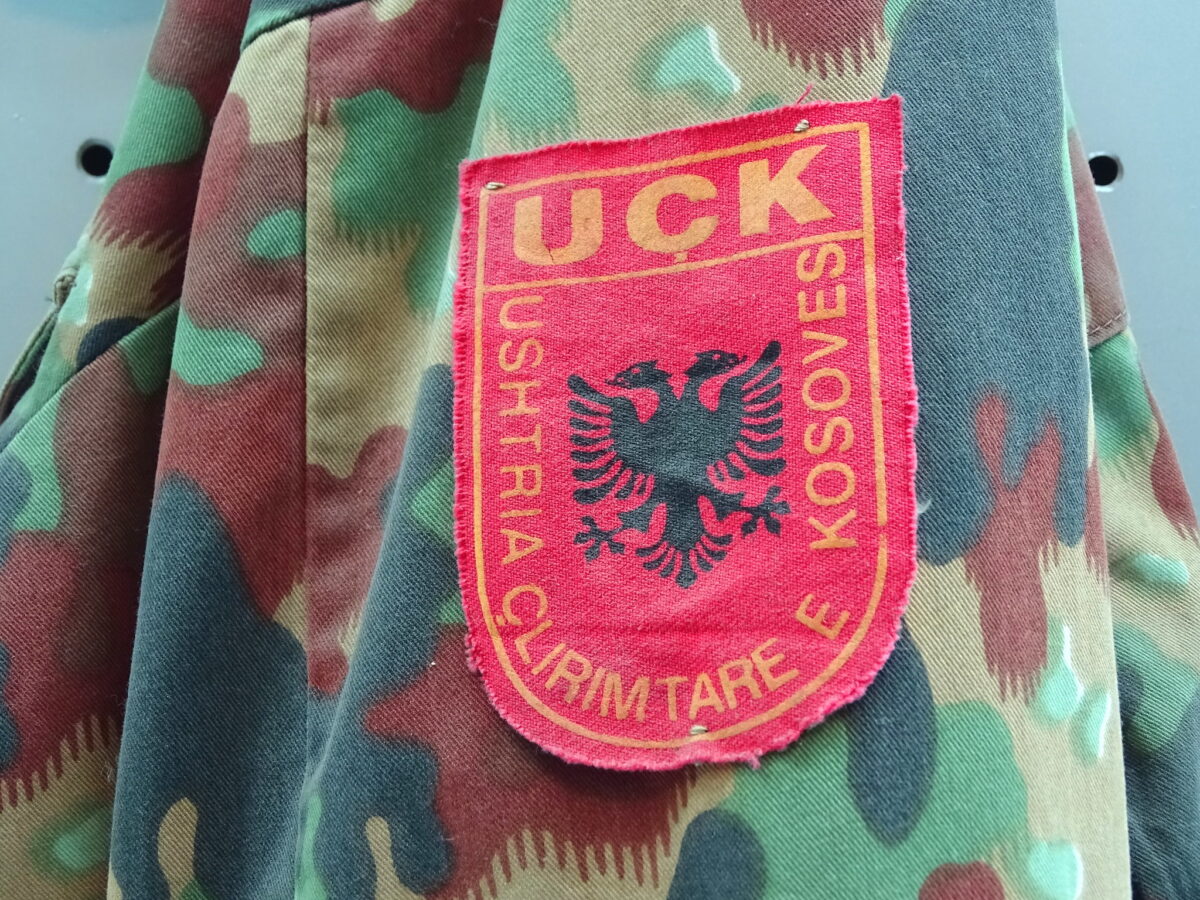LAKE RADONJIC, KOSOVO – The Yugoslav civil war is renowned (is that the right word?) for barbarity: what is less well known is that atrocities were committed by many sides.
Civil wars are generally very nasty affairs. When one group of people in a nation state decides to vent years (centuries?) of frustration or anger at another group the gloves generally come off and no one is following Marquess of Queensberry rules.
Furthermore, civil wars, which are by definition internal conflicts, do not always allow or invite outsiders to interfere (there are exceptions to this obviously). They also have a tendency of closing borders to outside media coverage, which impinges on our collective ability to find out just what is going on. The tragedy of Rwanda in 1994 is a good example.

The Yugoslav war in the early to mid 1990s was one such conflict. A child of the break-up of the Soviet Union and its vassal states – the so-called Warsaw Pact nations and others – it led to mass rapes, concentration camps and massacres of many innocent civilians. We in the West tended to hear a lot about the plight of Bosnian Muslims at the hands of Serbs and Croats, but the latter were not the only ones dealing out death and destruction.
On this day in 1998
The Kosovo Liberation Army (KLA) murdered at least 34 Kosovar Serbs and Albanians near Lake Radonjic in Kosovo. The International Criminal Tribunal for the former Yugoslavia (ICTY) later concluded that the victims had probably been killed between April and September of that year.
The KLA was responsible for serious abuses… including abductions and murders of Serbs and ethnic Albanians considered collaborators with the state. Elements of the KLA are also responsible for post-conflict attacks on Serbs, Roma, and other non-Albanians, as well as ethnic Albanian political rivals… widespread and systematic burning and looting of homes belonging to Serbs, Roma, and other minorities and the destruction of Orthodox churches and monasteries… combined with harassment and intimidation designed to force people from their homes and communities… elements of the KLA are clearly responsible for many of these crimes.
Human Rights Watch
What this demonstrates, yet again, is that reality often conflicts with narrative. Kosovo has long been seen as an underdog when compared to its much bigger Serbia neighbour. And yet that does not mean it does not have its own violent extremists.
Read More Today in Terrorism
May 31, 1906: Spanish anarchist bombs royal wedding
On May 31, 1906 a Spanish anarchist threw a bomb hoping to hit King Alfonso XIII, killing 24 and wounding more than 100.
May 30, 2009: Anti-government group bombs TV station in Ecuador
On May 30, 2009 two pamphlet-bombs exploded outside an Ecuadorian TV station and ministry: no victims or significant damage ensued.
May 29, 2016: ISIS uses chlorine gas in terrorist attack
On May 29, 2016 35 civilians were wounded in an ISIS attack using rockets containing chlorine gas in Iraq’s Nineveh Province.

